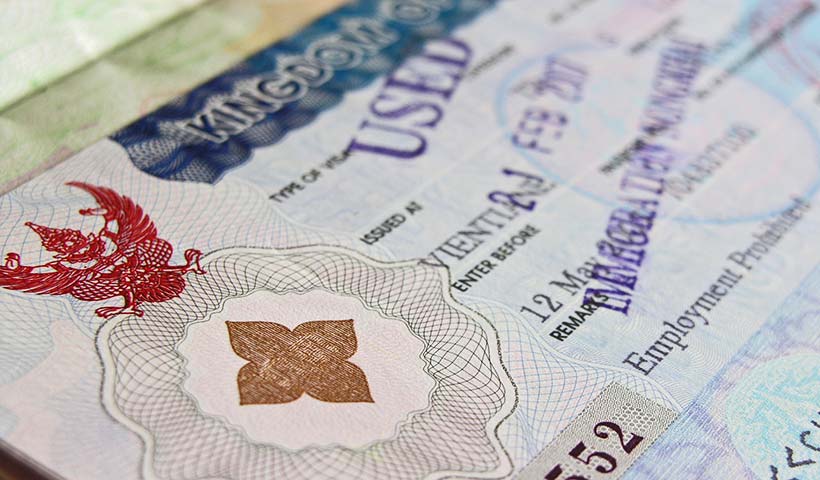Starting from April 1st, tourists from countries including mainland Europe, the UK, the US, Australia, Saudi Arabia, and others will only be permitted to stay in Thailand for a maximum of 30 days if they choose to enter the country without a prior visa. This is due to the official expiration of the temporary 45-day visa exemption that was implemented on October 1st, 2022, to attract more visitors until the end of March 2023.
The cancellation of the 45-day exemption is expected to impact many travelers who had planned to visit Thailand for longer than 30 days. Despite the efforts of the Tourism Authority of Thailand, around 60 countries that are permitted to enter without a visa will no longer be granted a 45-day stay. However, they may still extend their stay once for an additional 30 days by going through Immigration, allowing them to stay in the country for a maximum of 60 days instead of 75.
Visa-exempt countries will also have the option of obtaining a 30-day extension by leaving the country briefly and then returning. However, they may only cross land borders twice per calendar year. While there are no official restrictions on entry by air, immigration officers may refuse entry to tourists who they believe should have obtained a formal visa from a Thai embassy before arrival.
The cancellation of the 45-day exemption is expected to impact many travelers who had planned to visit Thailand for longer than 30 days. Despite the efforts of the Tourism Authority of Thailand, around 60 countries that are permitted to enter without a visa will no longer be granted a 45-day stay. However, they may still extend their stay once for an additional 30 days by going through Immigration, allowing them to stay in the country for a maximum of 60 days instead of 75.
Visa-exempt countries will also have the option of obtaining a 30-day extension by leaving the country briefly and then returning. However, they may only cross land borders twice per calendar year. While there are no official restrictions on entry by air, immigration officers may refuse entry to tourists who they believe should have obtained a formal visa from a Thai embassy before arrival.
Additionally, the visa-on-arrival program has been reduced from 15-30 days to 15 days for countries that are eligible for this option.
The Thai government has not officially announced this change, which is not surprising as the government is currently in a caretaker role until the first major general elections in May.
The Tourism Authority of Thailand plans to approach the new government after the elections to potentially change the visa program once again to attract more tourists.
Some political analysts on social media suggest that the government's caretaker position until the May elections may have made it difficult to legally extend the program, resulting in the program's original expiration date being allowed to pass.
The Thai government has not officially announced this change, which is not surprising as the government is currently in a caretaker role until the first major general elections in May.
The Tourism Authority of Thailand plans to approach the new government after the elections to potentially change the visa program once again to attract more tourists.
Some political analysts on social media suggest that the government's caretaker position until the May elections may have made it difficult to legally extend the program, resulting in the program's original expiration date being allowed to pass.





